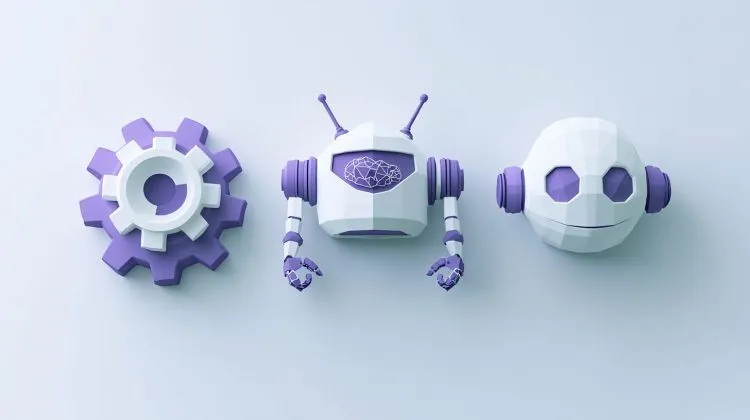
Dr Mark van Rijmenam September 24, 2024
Collected at: https://datafloq.com/read/agentic-ai-autonomous-organisations/
AI is no longer just following orders-it’s making its own decisions. Are organizations ready to be run by machines?
Agentic AI is here, and it’s rewriting the rulebook for how organizations operate. Agentic AI is more than just the next big technological trend; it’s the dawn of a new era where artificial intelligence takes full control over decision-making processes without human input. Unlike Generative AI, which creates content, Agentic AI takes autonomy to a whole new level-it makes decisions, learns from its environment, and adapts to complex challenges, all without human intervention. From AI-driven patient care to humanoid robots optimizing production lines, Agentic AI is delivering efficiency on an unprecedented scale and is already transforming industries such as healthcare and manufacturing.
Imagine healthcare systems that can monitor patient vital signs, analyze data, and even suggest treatments, all without a human doctor’s involvement. In manufacturing, we’re moving toward intelligent factories where AI-driven robots make decisions in real-time, optimizing processes and ensuring efficient production. This isn’t science fiction-it’s happening now, and Agentic AI is driving this transformation.
However, with such immense power comes equally immense responsibility, and therein lies the challenge. One of the major concerns is the potential for widespread job displacement. As AI systems take over tasks that once required human intelligence and discretion, industries like finance, customer service, and logistics could see a sharp decline in the need for human workers. While some argue that this will open up new opportunities for higher-level strategic roles, the transition will be far from seamless. Billions of jobs could become obsolete before the promised wave of new opportunities materializes, leaving a significant portion of the workforce in flux.
Agentic AI represents a monumental shift, one that will impact everything from the way businesses operate to how we interact with technology on a personal level. But as with any transformative technology, we must proceed with caution. Without the proper guardrails, we risk creating systems that, while highly efficient, could also be deeply flawed. It’s up to us to ensure that as AI becomes more autonomous, it remains a force for good, enhancing human capabilities while preserving ethical and social norms. So, how do we build the right guardrails to ensure these systems don’t compromise human values? With AI poised to run entire operations, are we ready to trust machines with decisions that impact our lives, jobs, and ethics?

Leave a Reply